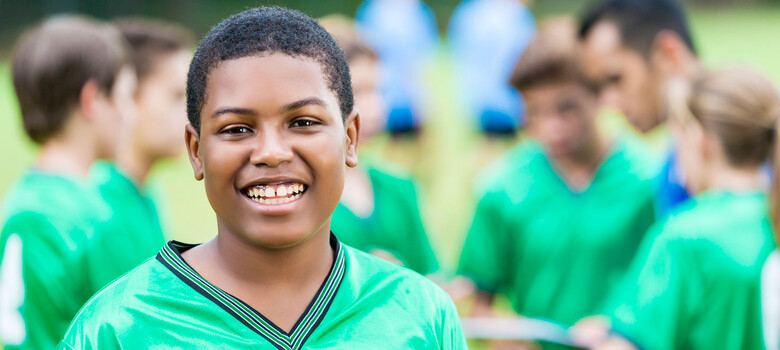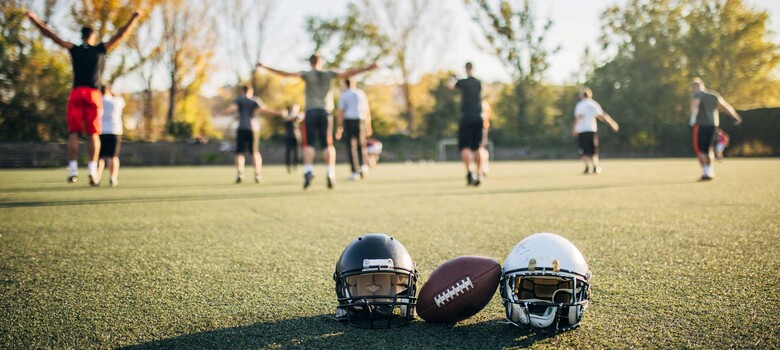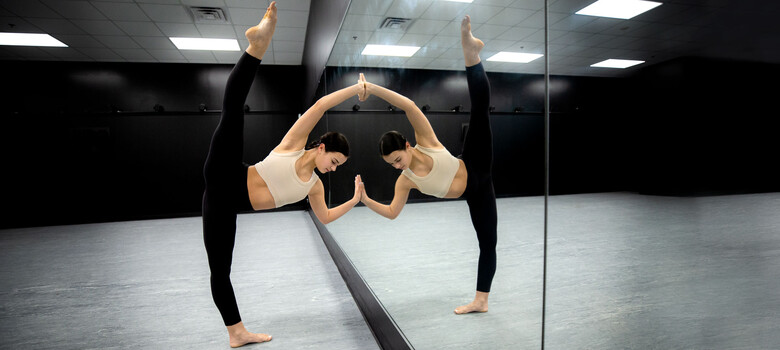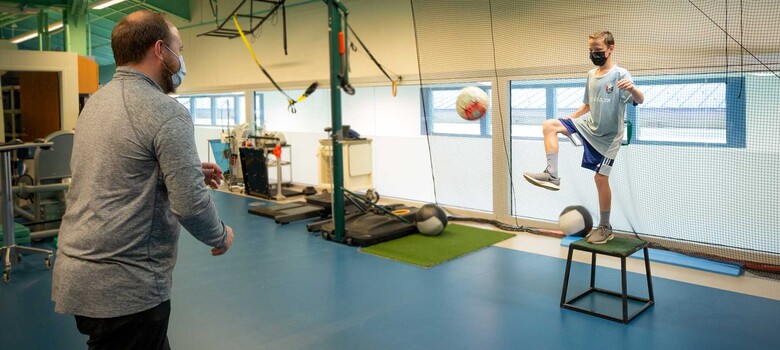Stay Safe and Healthy Playing Pickleball

Pickleball is one of the fastest-growing sports enjoyed by young and old. While it’s a great way to be active and social, it’s also important to stay healthy and safe. Here, Kendall Bradley, MD, a sports medicine orthopaedic surgeon at Duke Sports Medicine Green Level in Cary, offers 5 tips to prevent injury and enjoy the game.
Use the Right Equipment
Aside from a good paddle, court shoes are one of the most important pieces of equipment. Unlike running shoes, Dr. Bradley said court shoes provide extra support for lateral or side-to-side movements during play. You may also want:
- A hat and sunscreen to protect yourself from harmful rays if you play outside.
- Protective eyewear. They also offer protection from UV rays but are equally important in reducing the risk of injury from a slammed ball or an accidental poke in the eye.
Warm Up and Cool Down Before and After Every Game
“Although the court may be smaller, pickleball should be treated like any other sport," said Dr. Bradley. Stretching before and after your game goes a long way toward preventing injuries. Dynamic stretches for your hamstrings, quadriceps, and hips, and activating your arms, prepare your body for court movements. After playing, stretching keeps the lactic acid in your muscles moving. Your cool down should include a slow walk around the court to help you control your breath and lower your heart rate.
Stay Hydrated
Drink water before, during, and after playing. Losing water can significantly impact your performance and health, especially during hot weather. Water is best, said Dr. Bradley, but a low-calorie electrolyte drink will also keep you hydrated.
Do More Than Pickleball for Exercise
Pickleball is great exercise, said Dr. Bradley, but it shouldn’t be the only exercise you do. Workouts that increase flexibility, strength, and endurance will improve your pickleball performance, increase your overall health, and reduce your risk for injury.
Know Your Limits
When your friends keep asking for, ‘one more game,’ it’s ok to say no. Most of the injuries Dr. Bradley sees are due to overuse. “We see a lot of tendonitis in the shoulders and knees,” she said. If you feel pain, try the RICE principles – rest, ice, compression, and elevation. See a physical therapist or sports medicine specialist if your chronic pain persists. If you have an older injury, take the time to recover. Work with a physical therapist to regain strength and heal your injury before returning to the court.




